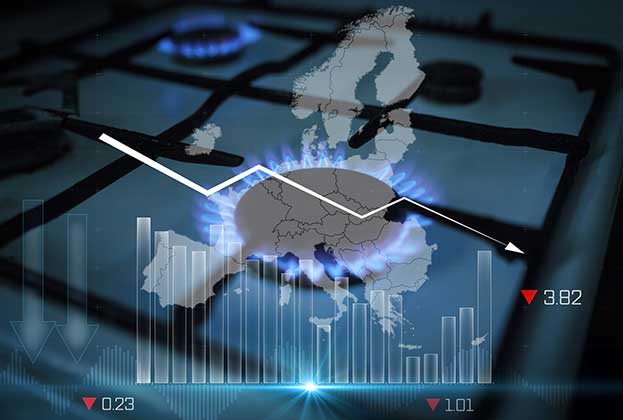Keeping in touch with friends and family – via Skype, Zoom, House Party and other such platforms – on an almost daily basis, became quite the novelty, as did the endless evening entertainment provided by the likes of Netflix, Amazon Prime and Disney+ - to name a few.
The common theme here, is that – certainly for the first few weeks – most people’s time was consumed by screens. However, it appears the initial ‘novelty’ of the Covid-19 restrictions has abated.
A recent survey by Savills and Pinergy revealed that energy consumption is down by 30% in the morning, and between 10% and 20% in the evening – suggesting our energy consumption and ‘screen time’ is falling.
.jpg)
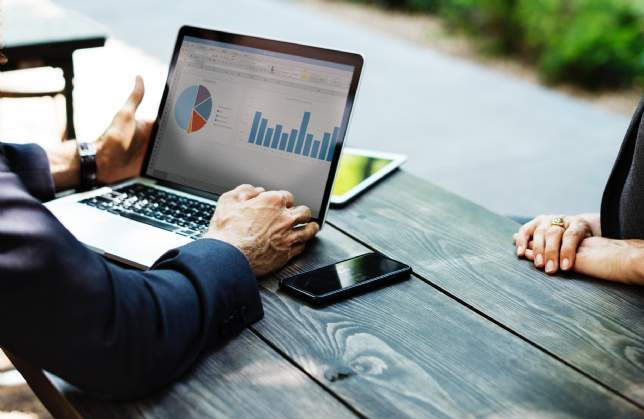
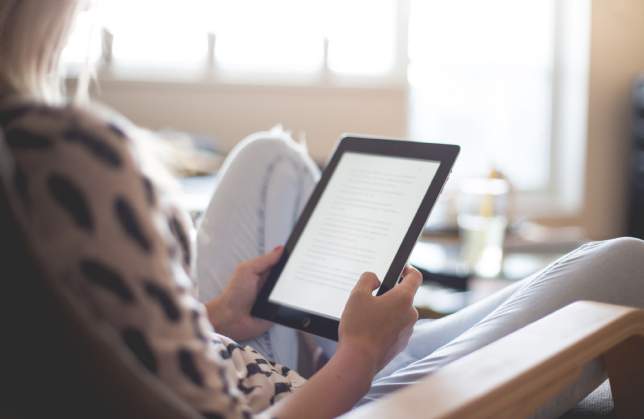
-new.jpg)



.jpg)
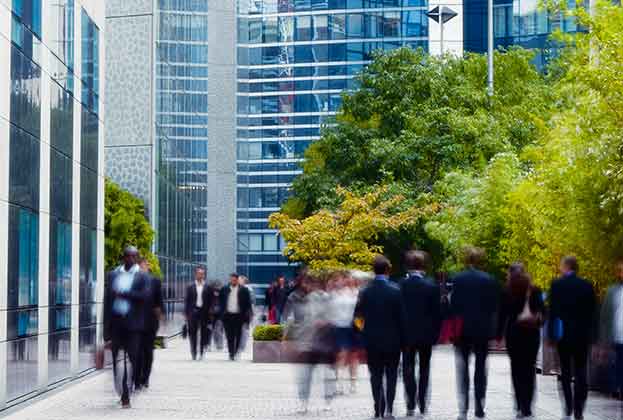

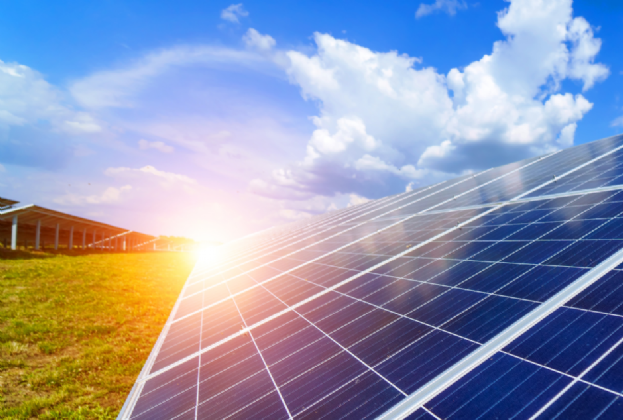
.jpg)
